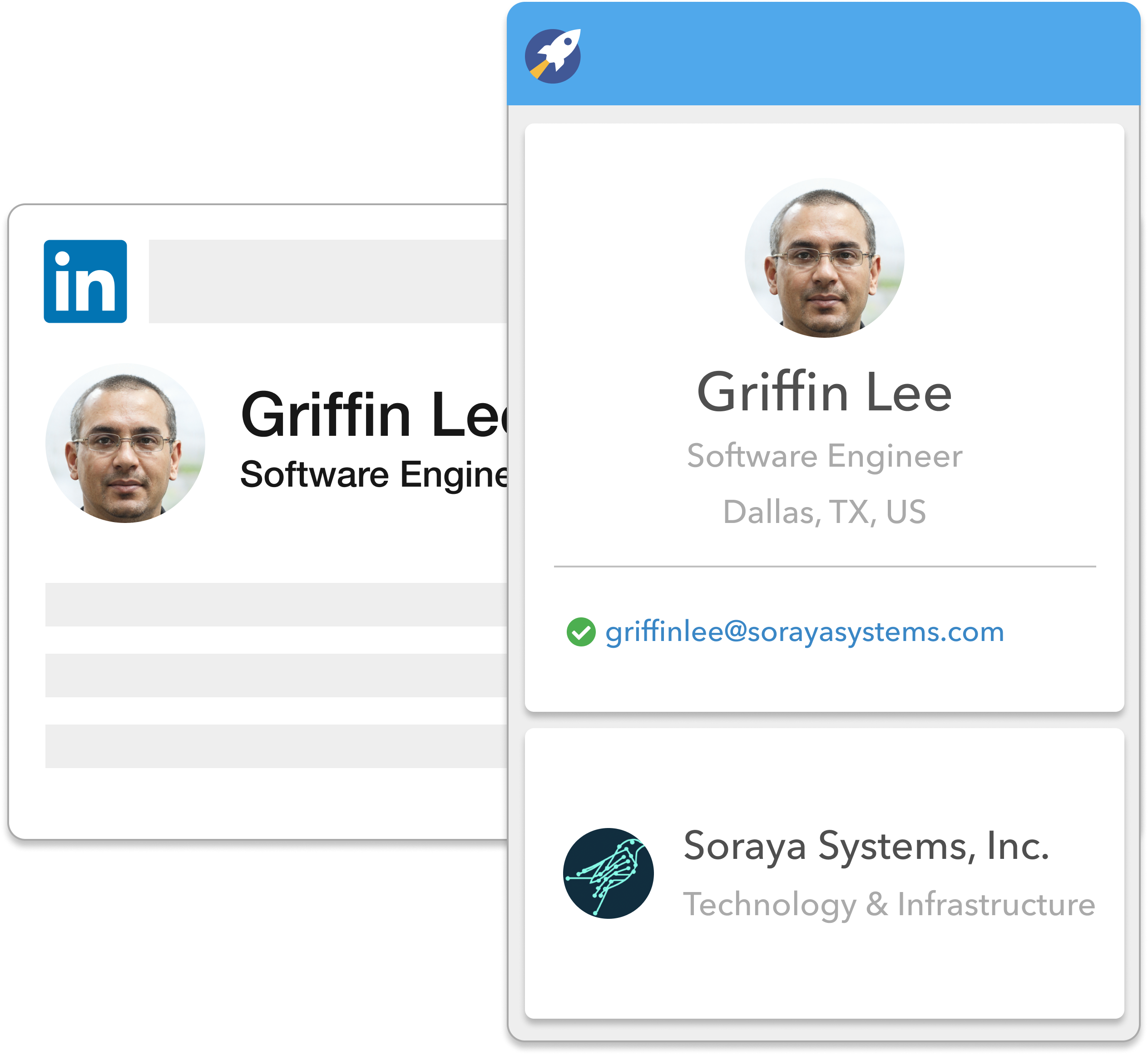All of us on hiring teams know how hard it typically is to hire for soft skills vs hard skills. Here at RocketReach, of course, you need to have some of the core skill-set to do your specific job, but we really do over-index on culture and behavioral skills because the character and who you are matters a lot here. One of the most difficult things to do in the interview process is to get a read on how someone will truly operate and perform in their role before you actually see them working on the team. It’s nearly impossible to know for sure how successful someone will be in the role before hiring them. However, we can try and get close! Getting a read on the likelihood of someone adapting to your company culture and performing well with the team is crucial.
Enter behavioral interviewing.
Behavioral Interview Questions Every Hiring Manager Should Ask
Behavioral interviewing is a technique used by hiring managers to assess a candidate’s past behavior to predict their future behavior. The idea behind behavioral interviewing is that past behavior is the best predictor of future behavior. This is essentially finding examples of what a candidate has done in the past rather than their general views or opinions.
There are a few things to keep in mind when asking behavioral interview questions:
- Make sure you ask about specific behavior rather than general views or opinions.
- Be sure to ask follow-up questions to get more information about the behavior.
- Avoid leading questions that hint at the answer you’re looking for.I’ll share a few behavioral interview questions that hiring teams should ask:
1. Tell me about a time when you had to work with a coworker with whom you didn’t get along. How did you handle the situation?
This question shows how teammates influence employee performance. It also gets at how collaborative and diplomatic someone is, and really whether they are a good problem solver. If the candidate can clearly and respectfully communicate their approach and how they found a resolution, they may be able to do the same in difficult future situations. Suppose the candidate struggles to answer this question or seems unable to share a resolution. In that case, it may indicate that they are either difficult to work with themselves or lack ownership, and problem-solving skills.
2. Tell me about a time when you made a mistake at work. How did you handle it?
This question gauges the candidate’s ability to self-reflect, evolve, and learn from past mistakes. If the candidate can reflect on a time when they made a mistake and articulate what they did to correct it, this shows that they have the self-awareness that will help them improve their potential performance over time. It’s a big red flag if someone can’t recall or talk about a time they’ve made a mistake at work—come on we’re all human.
3. Can you give me an example of when you had to go above and beyond to get the job done?
This question reveals an applicant’s level of commitment, creativity, and problem-solving skills. If the candidate provides a detailed, specific answer that demonstrates their ability to think on their feet and find creative solutions, they are more likely to have proven success repeated in their future work on your team. On the other hand, if the candidate struggles to come up with an answer or can’t get specific about past projects, it’s likely they were not involved in solving more complex, impactful problems.
4. Tell me about a time when you faced a roadblock on a project and how you solved it.
This question explores both problem-solving and resourcefulness. If a candidate can share a detailed story about how they identified and overcame an obstacle, they’ll likely be able to do the same in future situations and have learned from the situation. This question also allows candidates to demonstrate their creative thinking and resourcefulness, essential skills for 90% of roles at your company. Similarly here, if the candidate struggles to come up with an answer or can’t get specific about past projects, it’s likely they were not involved in solving more complex, impactful problems.
5. Give me an example of a time you disagreed with your superior’s choice or approach and how you handled it.
Ah—the classic workplace power dynamics! In the workplace, inevitably, employees will sometimes disagree with their boss. It’s helpful to know how candidates have dealt with these situations in the past and their general approach to conflict resolution with the people they report to. Some form of this question will help hiring managers predict future employee performance because it allows them to gauge an individual’s ability to handle conflict professionally and respectfully.
6. Can you tell me when you were unsure how to solve a problem? How did you go about it?
This question assesses a candidate’s ability to work through a problem when they don’t have all the necessary information. For most companies, and especially smaller to mid-sized companies, assessing how resourceful someone is in a fairly ambiguous or unclear environment, is critical to that individual’s success on the team. The candidate’s answer could also reveal whether they are the type to take accountability for their work or if they prefer to delegate when a task gets complicated. This information can help them understand how the candidate would react under pressure and if they can problem-solve independently and need an unwanted amount of hand-holding.
It is true that the best predictor of future employee performance is past behavior, so hiring managers should ask behavioral interview questions at some point in their interview process. The example questions I shared today are relatively standard—but I’m curious to hear from you all. Are there any specific behavioral interview questions that have made a big impact on the interview process at your company?




